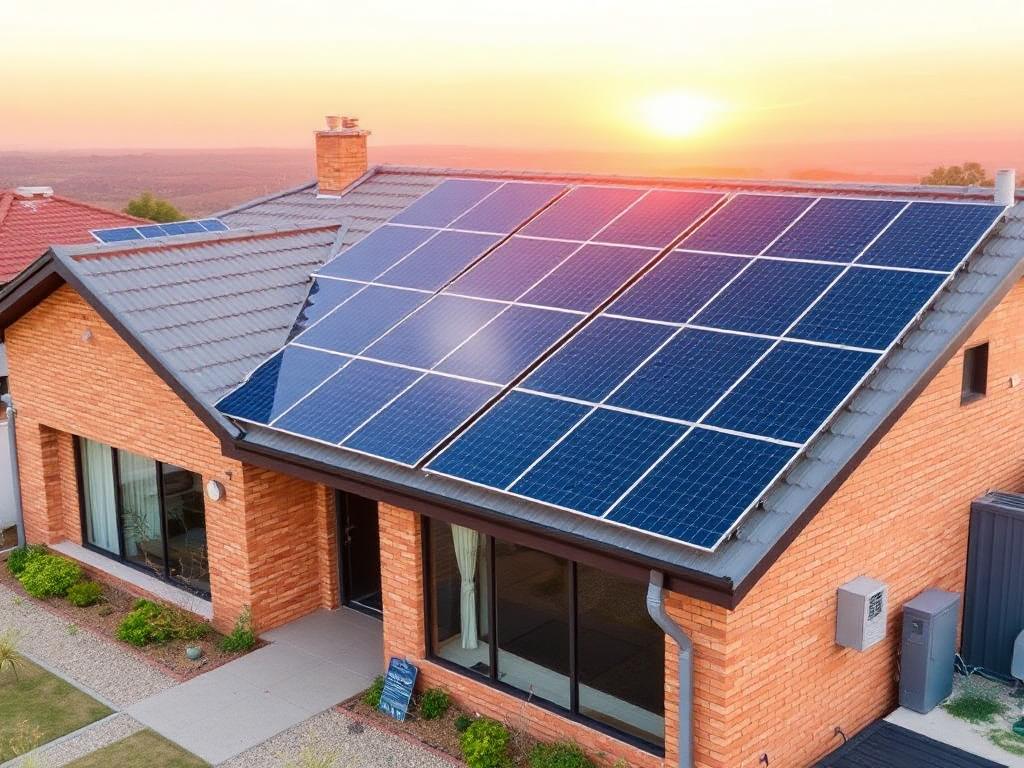How To Choose The Right Solar Company For Your Home
Deciding to invest in a residential solar panel system is a big decision since it may bring significant savings and be good for the environment. Residential solar panels usually include solar panels, an inverter, and mounting equipment, all of which can harness the sun’s rays into electrical power. By tapping solar power, homeowners are able to greatly reduce their reliance on the grid, trim power bills and shrink their carbon footprint. But settling on the correct solar company for your residence is especially important in order to ensure smooth installation and top performance. Here’s what you need to know before you do that.
How to Install a Residential Solar Panel System
Quoting a Reputable Installer
Choosing an appropriate installer is vital when planning to install a residential solar system in WA because the wrong company can really ruin things. Look for a company that has received favorable customer reviews and has executed at least 50 installations in your area. A good contractor will visit your home and evaluate your needs based on your historical electric bills before designing the correct system for you.
Site Survey
A thorough site survey prior to installation is important. This involves looking at such factors as the orientation of your roof, the angle of the pitch for each individual area of the roof and shading from trees or buildings. These factors will determine the best place to put solar panels for maximum energy production.
Installation Procedures
Design and Planning: Following the site survey, plans adapted to your home’s precise needs and energy usage will be drawn up by the installer. These will show how many panels run off an inverter and what type it should be among other things-an important planning tool for getting a quote. A well-planned system will also take into account future expansion needs from a designated area with good sun exposure that can accommodate additional panels.
Permitting: Your installer will make sure all required permits and related paperwork from local authorities are handled to ensure compliance with regulations.
Installation: The installation crew will mount the solar panels on your roof, attach the inverter, and link up the electric connections.
Inspection: After installation, a final inspection will be conducted to ensure that everything is working properly and meeting safety regulations.
Interconnection: The system will be connected to the grid, allowing you to begin generating your own electricity and perhaps sell any excess power back to it.
Choosing the right solar company for your home is a critical step in moving to solar energy. Knowing more about what a residential solar panel system and how it was installed, you may not only make an informed choice but also greatly increase the monetary return on your investment. With the right installer, you could achieve substantial cost savings of 50%-100%; the value of your property may also rise more than otherwise; and finally, having done such installations has an observable effect on polluting material emissions from factories and trucks (as they now largely use coal instead). Be sure to take time finding just the right company for you by doing research that takes a look at which companies best satisfy your needs. Then the benefits of solar energy await you.











